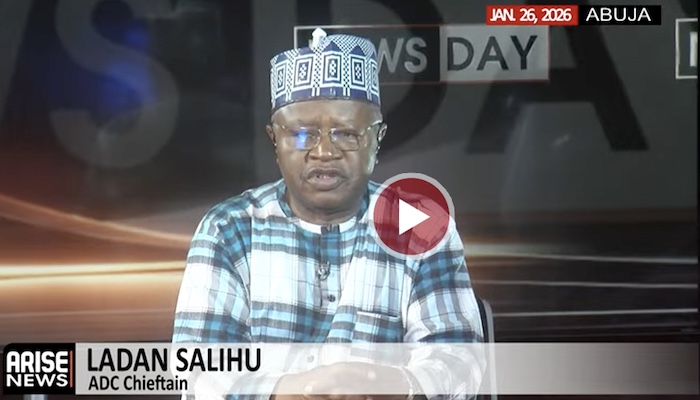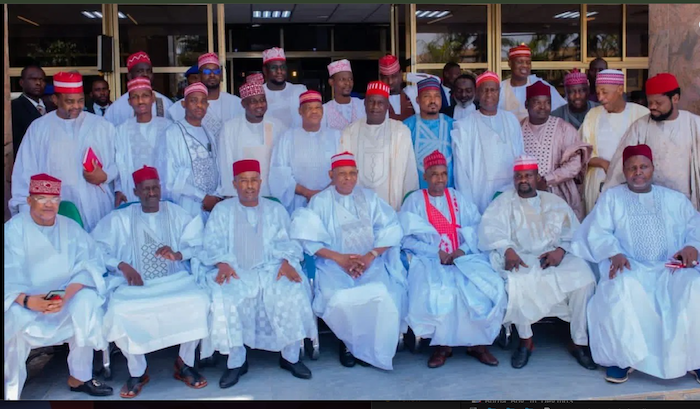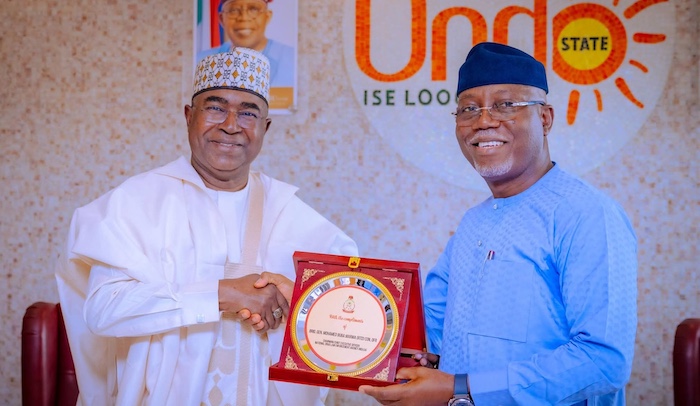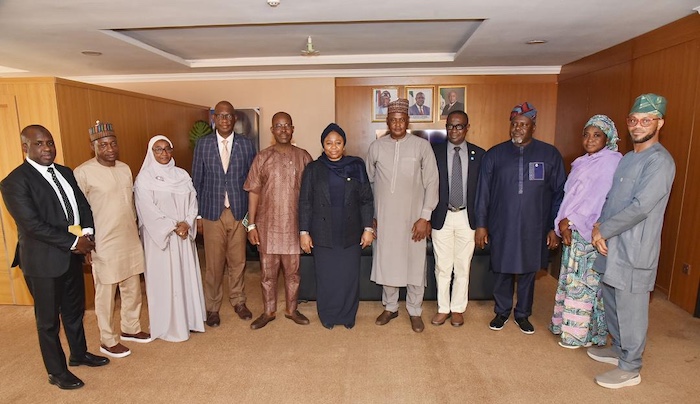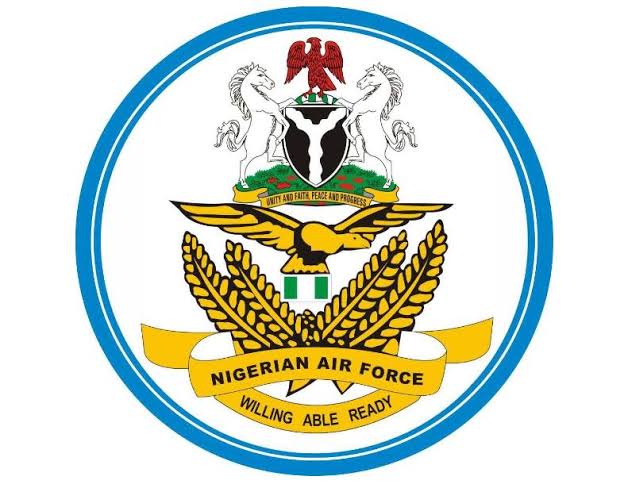
The Nigerian Air Force (NAF) has reaffirmed its dedication to strengthening human rights compliance in its operations, vowing to enhance collaboration with the National Human Rights Commission (NHRC) and improve mechanisms for addressing complaints from both civilians and Air Force personnel.
During a recent courtesy visit to the NHRC Headquarters, the Chief of Military Relations of the NAF, Air Vice Marshal Edward Gabkwet, highlighted the significant progress the Air Force has made in reforming its procedures, enhancing accountability structures, and fostering a culture that respects the rights of all citizens.

Executive Secretary of the National Human Rights Commission, Tony Ojukwu, commended the NAF for its professionalism in the execution of its duties, noting that even in challenging situations, the Air Force has remained focused on its mission.
Dr. Ojukwu pointed out the essential role played by internal oversight bodies within the Air Force, such as the NAF Ombudsman and the Directorate of Legal Services. These entities provide vital channels for investigating allegations of misconduct and resolving concerns impartially.
The longstanding partnership between the NAF and the NHRC has yielded tangible improvements, especially in areas such as detainee profiling, camp management, and procedural transparency. Dr. Ojukwu remarked, “In the past, profiling could take months, and detention facilities were overcrowded. Today, the processes are more structured, and instances of abuse are significantly reduced. We have made progress, and we will continue to improve.”
He emphasized that upholding human rights does not hinder the military’s ability to confront violent groups that threaten civilians, religious centers, or national infrastructure. Instead, he stated that professionalism and accountability are crucial for enhancing operational integrity and public trust.
“Our duty is to ensure that the Air Force serves Nigeria with honor,” Dr. Ojukwu concluded, committing to ongoing collaboration to ensure the system continues to evolve positively.
The meeting was characterized as constructive and forward-looking, reflecting a mutual commitment to sustaining the reforms that have taken root in Nigeria’s security sector over recent years.
